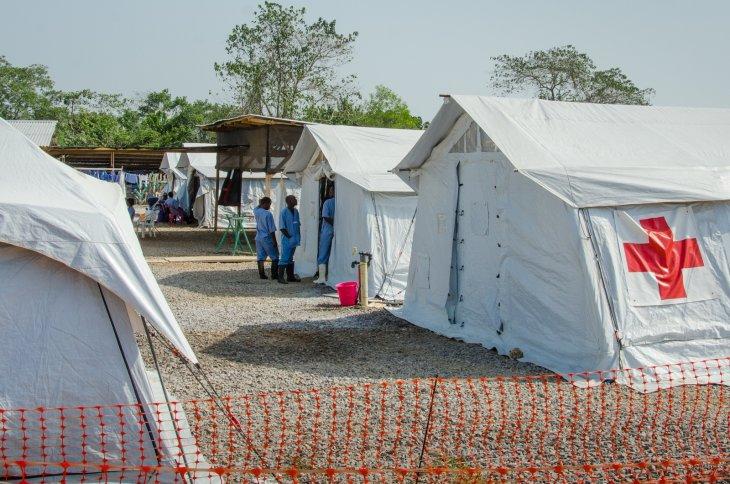
3 minute read
How Does Healthcare Globalisation Affect Critically Ill Children ?
Prescription Drug Prices: Who is Responsible?
61..........................................
Advertisement
How Does Healthcare Globalisation Affect Critically Ill Children ?
By Anya Vaghani, Year 12 North London Collegiate
Despite the increasing knowledge concerning healthcare and medicine, care for critically ill children can be extremely complex for all parties involved in the upbringing of the child and their recovery, namely the family and the relevant medics or healthcare professionals. The increasing developments of parents interjection and assertion of making decisions for their children can present challenges to the treatment of the child, and especially, the law.
The challenge of globalisation, which is the process of interaction and integration among people, companies and governments worldwide, is becoming evident in the law surrounding children’s medical treatment. One of which being the Internet, which many parents rely on for information as a knowledge base, which can be unreliable and the accuracy of the data can be imprecise. The establishment of social media and the emotional effect it can have on people polarises disputes and provides misinformation.
In English and American Law, it states that in a decision affecting a child, the best interests of the child are a primary consideration, and the welfare of the children is the paramount consideration in any decision. In English law, when lawfully making decisions, neither the parents nor the medical supervisors can lawfully make decisions for
a child in isolation. The courts are required to intervene in disagreements about children’s medical treatment.
Globalisation is the process by which the world is becoming increasingly interconnected as a result of massively increased trade and cultural exchange, and the production of goods and services have risen. While globalisation has concurrently been viewed as an opportunity and a challenge in healthcare, for the poorer countries, the presumed benefits of healthcare globalisation is not always prevalent. Inequalities in healthcare access is damaged by the overwhelming economic and political barriers to accessing healthcare, and little facilities available.
As we have seen in constitutional commentary and some political responses to the COVID-19 pandemic, health policies may follow or even reinforce trends already apparent in health consumerism in
perceiving health as a matter for autonomous choice rather than physical need. Furthermore, the mood and opinions of the public sphere can play a role in intensifying disputes between families of critically ill patients and healthcare supervisors.
The potential of social media publicising medical cases has become very popular. The case of eight month old Charlie Gard was very popular. He suffered a rare and fatal genetic disease, for which his parents were investigating experimental treatment. After experiencing numerous seizures damaging his brain, the hospital obtained permission from the courts to remove life support. His parents opposed this and wanted to transfer him to a US specialist who would provide the treatment they preferred.
Once they publicised the case on social media, it became well known and resulted in the collection of funds from online donations. Additionally, international figures like the Pope and President Donald Trump intervened which broadcasted it further. Charlie’s parents eventually lost their case but it gave precedent to more similar cases, as well as social, political and religious activism via the Internet. The use of social media heightens emotional responses for cases on a global scale and can potentially make a child a commercialised symbol for globalised psychological confrontations. Similarly, the use of crowdfunding highlights the way in which globalisation raises challenges to decision making for critically ill children.
The process of globalisation presents huge challenges not only to the law as it refers to healthcare, but arguably nations as well. The law has a significant role to play, both in an academic context as the 7









